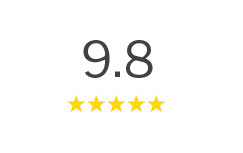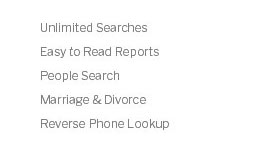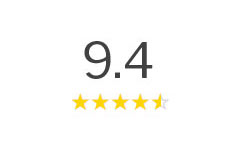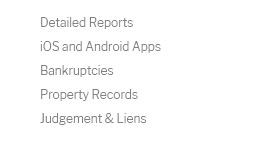 |
 |
|---|
|
|
|---|
 |
 |
 |
 |
|---|---|---|---|
 |
 |
 |
|
 |
|||
 |
 |
 |
|
 |
|||
 |
 |
 |
|
 |
|||

arrest records online background check guide for informed screeningWhat these records can and cannot tell youArrest records show that someone was taken into custody, not that they were convicted. A thorough background check should distinguish arrests, charges, and final court outcomes, and consider how recent and relevant the information is to the role or decision. Legal and ethical considerationsBefore searching, obtain written consent when appropriate, follow FCRA or local equivalents for employment, and avoid blanket exclusions that could be discriminatory. Always verify results with primary court sources to reduce false matches and outdated entries. Practical steps to stay well-informed
When used responsibly, online arrest information can support safer choices, but the most reliable screening balances data with context, fairness, and compliance.
|
|---|